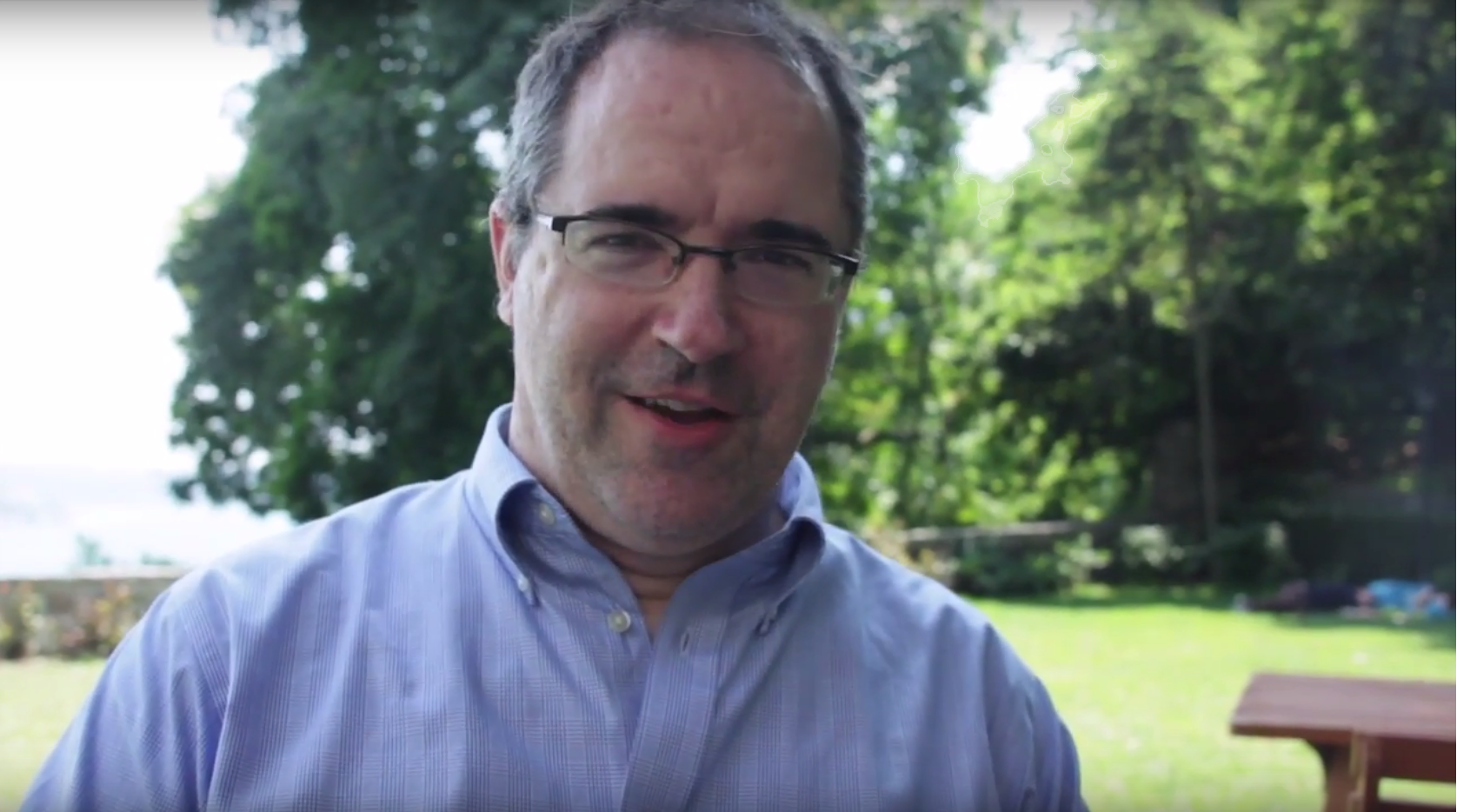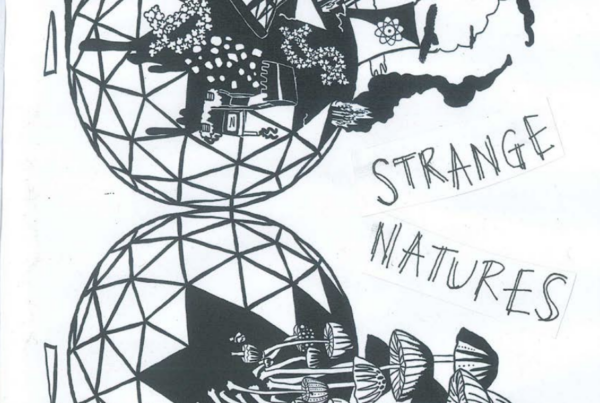The Anthropocene makes for an easy story. Easy, because it does not challenge the naturalized inequalities, alienation, and violence inscribed in modernity’s strategic relations of power, production, and nature – Jason W. Moore.
Jason W. Moore teaches world history at Binghamton University. He is coordinator of the World-Ecology Research Network. Much of his work on the development of capitalism, environmental history, world-ecology, and political ecology is available on his website. His book Capitalism in The Web of Life was recently published with Verso, extracts of which are also available on his blog. He is also the editor of a new volume on Anthropocene or Capitalocene?.
In this series of 5 short video interviews, conducted by Entitle fellows Felipe Milanez and Jonah Wedekind in June 2015, Jason W. Moore explains some of the concepts he uses and advances in his work.
Part 2 – “Anthropocene or Capitalocene?”
Click here, for an indepth discussion of capitalocene as an alternative understanding to the anthropocene.
Watch also:
Part 1 – “Political Ecology or World-Ecology?”






4 Comments